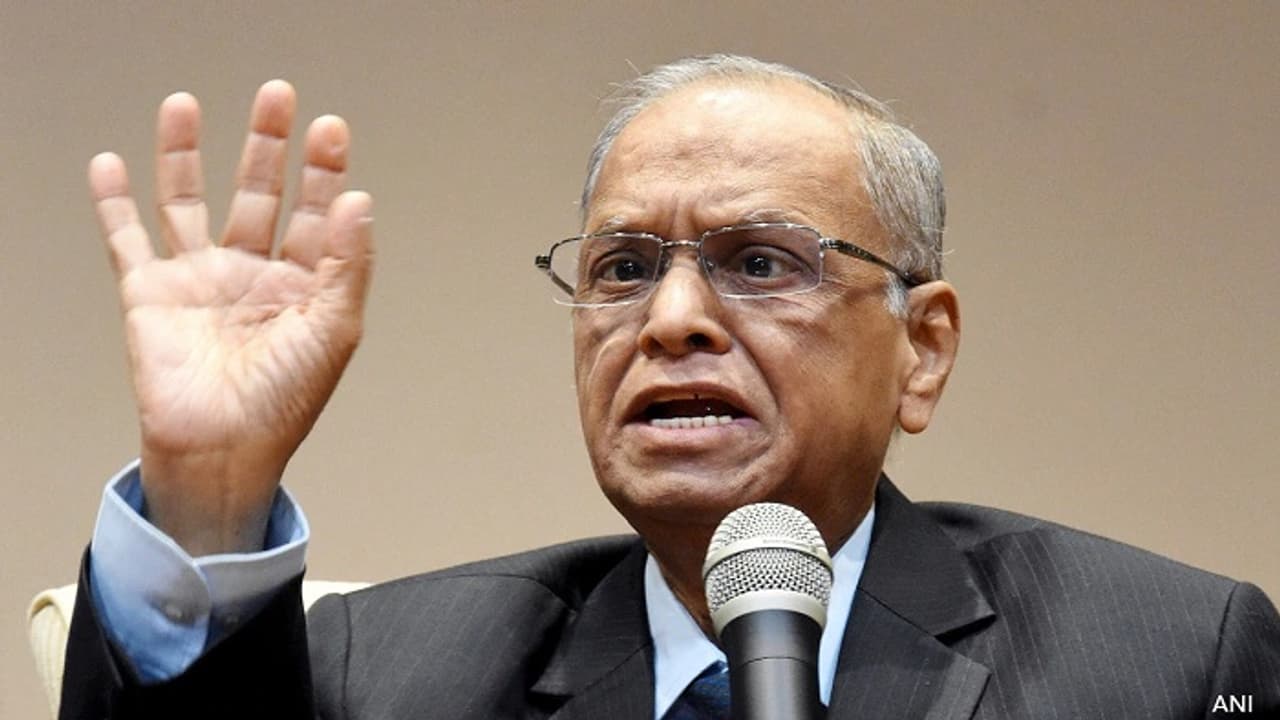Infosys' NR Narayana Murthy now uses ChatGPT to prepare for lectures and speeches, reducing his preparation time from 30 hours to just 5. He sees AI as a tool to boost productivity, not replace jobs, similar to how computers impacted banking sector.
Infosys founder NR Narayana Murthy has shared that he now uses ChatGPT to prepare for his lectures and speeches. He says the AI tool has helped him save a lot of time, cutting down his preparation hours from around 30 to just five.

In an interview with Moneycontrol, Murthy said that in the past, he would devote over twenty-five to thirty hours to the preparation of each lecture, concentrating on creating the ideal subject, structure, and message. However, things changed when his son, Rohan Murty, recommended that he give ChatGPT a try. "I could make the draft better in five hours. Put differently, I increased my own output by up to five times," he stated.
What does Murthy feel about the AI relevance?
According to Murthy, this is an obvious illustration of how AI can increase human productivity rather than replace it. He has always argued that AI should be viewed as an aid to improve productivity and ease of work. Additionally, he made the point that AI is only helpful if the appropriate questions are asked. Recalling his son's counsel, Murthy stated that while utilising AI, it's critical to precisely identify your needs. The tool will then be able to provide useful answers.
Murthy said that Indian IT firms may use this technology to address more complicated issues, cut down on errors, and expedite coding jobs. According to Murthy, engineers and programmers may concentrate on more intelligent and difficult jobs when AI takes care of repetitive duties.
The founder explained his ideas more clearly by drawing a comparison between the present wave of AI and the introduction of computers into the UK banking industry in the 1970s. He claimed that although many were concerned that computers would eliminate jobs, the truth was otherwise. Workers had more free time as banks began utilising computers to finish operations more quickly, and over time, the number of positions actually expanded.
He feels something similar will happen with AI, where, instead of reducing opportunities, it could help people become better at defining tasks and solving bigger problems.


